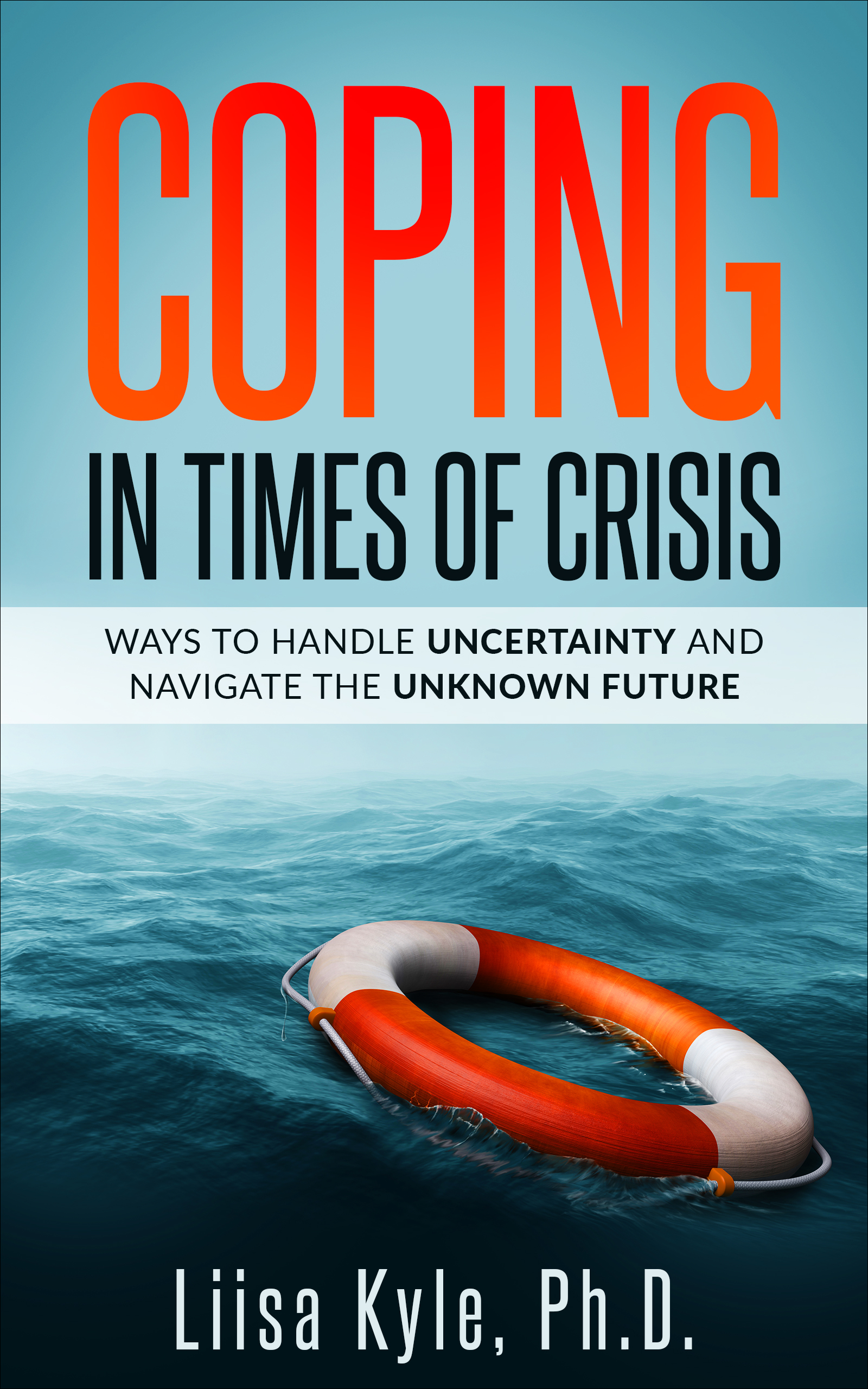
By AndrewHorne [Public domain], from Wikimedia Commons
One problem: it’s easy for our Monkey Minds to hop around erratically from thought to thought, from project to project, from ‘the task at hand’ to any number of procrastinating activities. This can disrupt our focus and our progress by scattering our efforts in random ways.
Another cost of over-thinking: we can over-complicate things. It’s ridiculously easy for us to create great drama out of simple situations. We can generate a thousand ‘what if’s’ and complications for any scenario…none of which are very likely or relevant. We can think of convoluted rationalizations to talk ourselves into — or out of — things we shouldn’t. We can see problems where there really aren’t any. We can get sucked into a never-ending loop of activity, aiming for an unrealistic level of perfection.
And then there’s the impact our overthinking has on others. The way our brains function can be bewildering, or intimidating, or annoying to those around us. We can introduce new information or options at a time when it doesn’t seem relevant to the task at hand. We can ‘download’ and share too many ideas at once, making others confused or uncomfortable or confused. We can inadvertently squash other people’s ideas because they assume we’ve already thought of it.
Without meaning to, we can push people away. They may not want to disturb us or challenge us in the midst of a brainstorm. We can give off a negative vibe. Women who think too much risk “Resting Bitch Face” — looking angry when we’re really not. This occurs when the wheels are turning happily in our brains and we’re not aware of the position of our facial muscles. It’s not fair, but our society is such that if your face looks tense or serious or the corners of your mouth aren’t up, people may assume you are unhappy or negative or unpleasant and interact with you, accordingly.
Alas, there are costs to our oh-so-active minds. So what’s an overthinking DaVinci to do?
1. Be aware.
Be attentive to what you are experiencing. If something feels unnecessarily fraught or difficult or complicated, pause and take stock. Ask yourself: Am I overthinking this?
2. When possible, simplify.
There are many, many roads to Rome. If something seems over-complicated — if you’re mired in too many details and options — ask: Is there a simpler or easier way forward?
3. Train your Monkey Mind.
You don’t have to be held hostage by the thought pinging around your brain. You can learn to control and manage your thoughts through techniques such as meditation. It can be as quick and easy as pausing two or three times a day for less than five minutes to simply “be.”
4. Capture and manage your ideas.
What are simple, easy ways you can capture your thoughts and ideas as you go through your day? On paper — in a small notebook, index cards or post-its? Digitally — in your computer, tablet, organizer or phone? Tape recorders and voice mailboxes also work great – and are especially useful for musicians, singers and composers to capture auditory ideas. When you get in the habit of capturing and saving your ideas, you know they are safe — and you tend to generate more and better ideas.
If you are working on something and new thoughts arise, you can capture them, then ‘park’ them for later so you’re not distracted from the task at hand.
5. Watch for cues from others.
Be attentive to the impact of your Monkey Mind on people around you. They may well love your contributions…but there’s a probably a limit. Reel in the need to express every thought, idea, and option that crosses your cranium. Edit what you share and how you share it.
6. Help like-minded others.
When you notice someone else is over-thinking or over-complicating things, ask if there’s an easier or simpler alternative. Together, your Monkey Minds can no doubt generate countless other options.
***
Question: What do you notice when your Monkey Mind is active? What kinds of things do you do? What triggers you to over-think things? What kinds of things do you do or experience when you overthink things? What do you notice in the people around you when you over-think or over-complicate things?
Question: Think of a specific instance when you over-complicated a situation. What happened? How did you feel? What were the consequences?
Thinking back on it now, what might have been a simpler way forward?
Question: What are the simple, easy ways you can capture and manage your ideas on a regular, ongoing manner?
***
 Want more tips and techniques on getting things done? Check out my book YOU CAN GET IT DONE: Choose What to do, Plan, Start, Stay on Track, Overcome Obstacles, and Finish
Want more tips and techniques on getting things done? Check out my book YOU CAN GET IT DONE: Choose What to do, Plan, Start, Stay on Track, Overcome Obstacles, and Finish
Available here for only $3.99: http://bit.ly/YouCanGetItDone
***
Want to re-publish this article? Go for it – just include the author’s name, a link to this original post and the following text blurb:
Are you struggling with too many talents, skills, ideas? You may have The Da Vinci Dilemma™! Find tools, fun quizzes, coaching, inspiration and solutions for multi-talented people at http://www.davincidilemma.com/.



